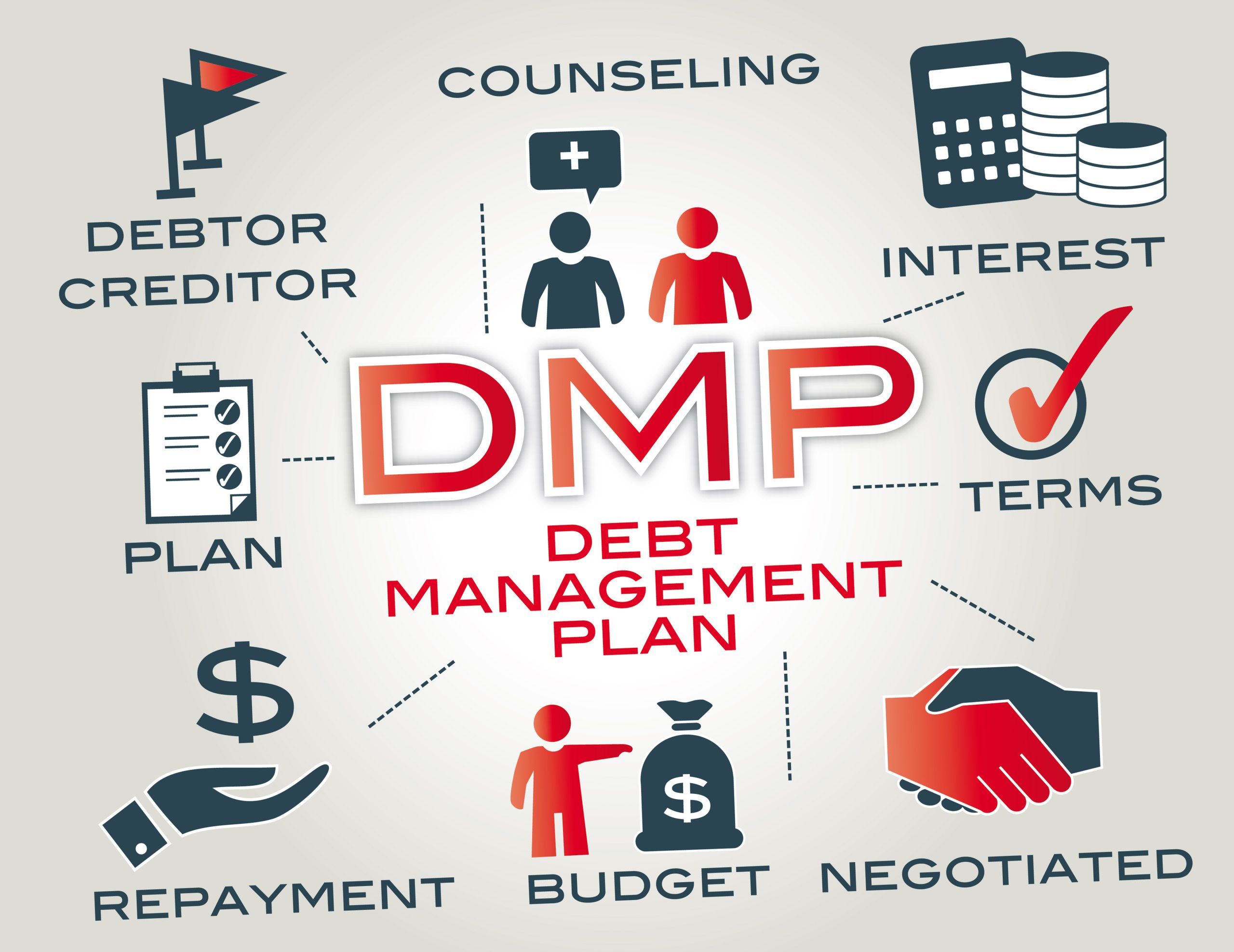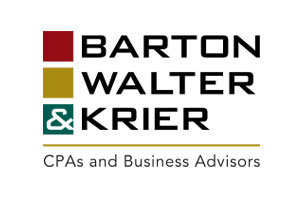Debt Management for Business Owners
November 20, 2023 | Barton Walter and Krier
Some of you may shudder when you hear the word “debt,” but if you’re a business owner, chances are you know that debt is often necessary. And it doesn’t have to be a bad thing. Taking out a business loan is a common and useful tool for funding a business, especially in its early stages. The trick is managing your debt wisely so that it never grows out of control or otherwise hinders your operations. In today’s blog, we’ll explore strategies of debt management for business owners. How Do Businesses Accumulate Debt? Before we examine how to manage debt, we need to understand how and why businesses accumulate debt in the first place. As a business owner, you may use debt financing for a variety […]
Read MoreWhy You Need an Estate Plan (And How an Accountant Can Help)
October 23, 2023 | Barton Walter and Krier
You may have heard of estate planning and figured it wasn’t for you. Maybe you thought you were too young or not wealthy enough to bother. The truth is everyone should have an estate plan. This important set of documents gives you a say in what happens to your possessions after you’re gone and provides other helpful ways to steward your affairs. Continue reading as we explore why an estate plan is so important and how a Certified Public Accountant (CPA) can help with yours. What is an estate? The word “estate” may conjure up images of expansive properties and mansions. But in this case, the word has a much broader meaning. Your estate comprises the sum of your possessions, including everything you own, your […]
Read MorePlan Ahead for Tax Season
September 26, 2023 | Barton Walter and Krier
Every year it seems as though the scramble around tax time is inevitable. But the tax experts at Barton, Walter & Krier are here to help. We’ve got the inside scoop on things you can do throughout the year to ensure you’re prepared, saving you time, money, and potential headaches. Keep reading to learn a few year-round tax tips to help you plan ahead for tax season. Tax Time Timeline Because of additional tax obligations, tax season looks a bit different for businesses than for individuals. Unless filing for an extension, individual tax returns are due on April 15. Depending on your business type and the tax year, the due date for business taxes can vary. Additionally and for businesses required to pay them, quarterly […]
Read More

